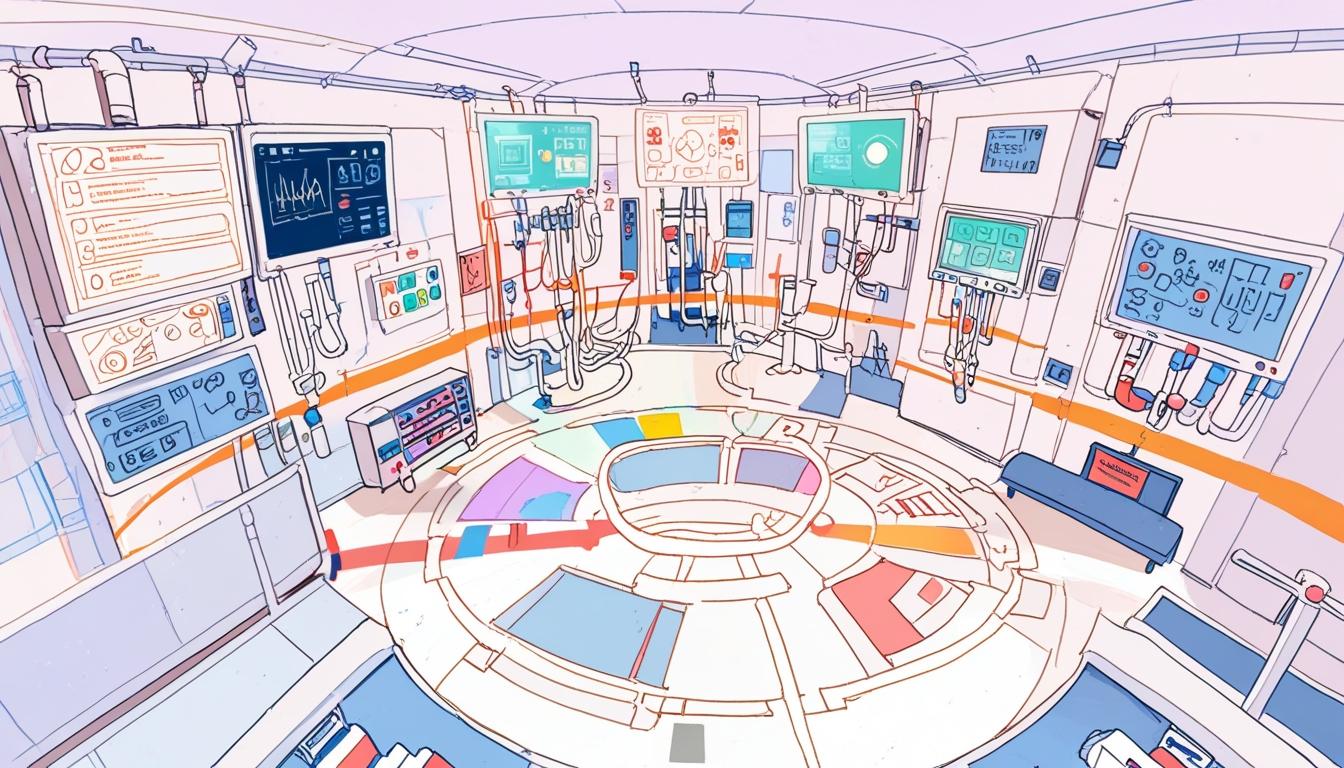The recent announcement from Health Secretary Wes Streeting concerning the implementation of a new tool, Cancer 360, has stirred considerable debate over its potential efficacy within the NHS. Designed to centralise patient data related to tests, appointments, and treatments, the initiative aims to provide a streamlined approach to cancer diagnosis and care. However, critics argue this ambitious plan risks overselling a solution to longstanding systemic issues in the healthcare sector.
Cancer 360 is positioned as a groundbreaking technology intended to enhance the efficiency of cancer treatment across the NHS. While the goals of faster diagnoses and reduced treatment delays appear commendable, they raise fundamental questions about the operational realities within the NHS. As one commentator pointed out, the idea that such a connected system could work effectively without significant overhauls of existing IT infrastructures is overly optimistic. Current systems are often fragmented, with patient information scattered across multiple trusts, complicating the continuity of care for patients. "It’s absurd to think that one app can fix the multi-layered issues in the NHS," remarked an expert in health administration.
Streeting’s enthusiasm for technological innovation echoes his recent visits to hospitals, like the Leeds Cancer Centre, where innovative technologies are already in use. There, approaches such as 3D imaging and AI-driven diagnostics are transforming how cancer is treated and diagnosed. These advancements, if adopted widely, could indeed lead to substantial improvements in waiting times and operational efficiency, potentially setting a new standard for the healthcare system.
Moreover, the Health Secretary has been vocal about leveraging private healthcare capacity to alleviate pressures on the NHS in the short term. He suggests that by optimising resources and investing in necessary technology and staffing, the plethora of challenges currently faced can be mitigated. While this pragmatic approach might offer temporary relief, it has drawn criticism for suggesting a dependency on the private sector rather than a robust public service model, a notion that many believe could compromise the founding principles of the NHS.
In addition to the Cancer 360 initiative, Streeting has announced developments in blood tests capable of detecting multiple types of cancer, alongside plans to provide health-monitoring smartwatches to patients. These proposals are part and parcel of a broader vision to innovate within the NHS, although they again reveal a stark contrast between technological aspirations and the current operational environment.
The Government's push for advanced initiatives comes at a crucial juncture, especially as cancer remains the second leading cause of death in the UK. The need for a dedicated strategy to tackle this growing epidemic has never been more urgent. Experts are advocating for a revival of strategies previously scrapped, asserting that the lack of a focused cancer policy has aggravated already overstretched resources within the NHS.
As practitioners and policymakers examine these initiatives, the remarks of former NHS leaders resonate: while health technology has the potential to revolutionise treatment, the underlying systemic challenges must be addressed to avoid falling into the trap of introducing superficial fixes under the banner of innovation. The success of Cancer 360 and similar initiatives will ultimately depend not just on the technologies themselves but also on the NHS's ability to embrace a comprehensive, integrated approach to healthcare that prioritises patients over processes.
In sum, while the vision for a high-tech, efficient NHS is appealing, the hard realities of existing healthcare dynamics present formidable obstacles that must be acknowledged if meaningful improvements are to be achieved.
Reference Map
- Paragraphs 1, 2, 3
- Paragraph 4
- Paragraph 5
- Paragraph 6
- Paragraph 7
- Paragraph 8
- Paragraph 9
Source: Noah Wire Services
